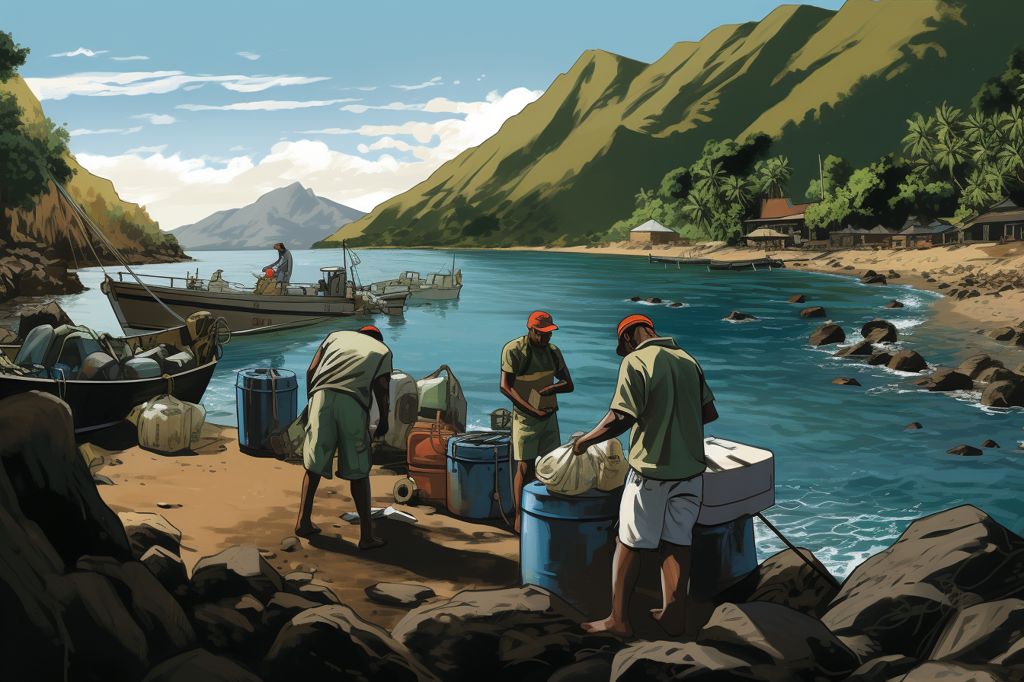The Eastern Cape’s Department of Rural Development and Agrarian Reform (DRDAR) has partnered with the Eastern Cape Socio-Economic Consultative Council to organize a two-day workshop for small-scale farmers. The event aimed to develop an inclusive provincial aquaculture and fisheries strategy to support the growth of the sector in the region.
Collaborative Efforts to Develop the Aquaculture Sector
Representatives from communal aquaculture and fisheries cooperatives, the Department of Forestry, Fisheries and Environment, the private sector, the Department of Economic Affairs, Environment and Tourism, Walter Sisulu University, and various municipalities participated in the workshop. The licensed cooperatives in Coffee Bay, Port St Johns, and Bizana areas have received support from DRDAR in the form of diving gear and fishing equipment.
Need for Collaboration and Integration with Agriculture Value Chain
Mvesilo Tshemese, representing aquaculture cooperatives from the OR Tambo District, acknowledged the learning opportunity and the need for collaboration between departments, the private sector, and communities to develop the rural sector. DRDAR’s director for animal research, Mfundo Macanda, explained the necessity to coordinate efforts for improved food security and sustainable rural livelihoods. He stressed the importance of integrating emerging farmers into the agriculture value chain and providing them with a reliable market for their products.
Developing a Comprehensive Strategy for Sustainable Growth and Management
The strategy under development aims to address the sector’s challenges and support initiatives required for sustainable growth and management. Abongile Ngqongwa, DFFE Director for Small-Scale Fisheries Management, appreciated the efforts and emphasized the need for cooperation and complementation among government officials and the private sector to create meaningful impact.
Training and Capacity Building for Small-Scale Farmers
Training and capacity building for small-scale farmers are on the cards, with the appointment of full-time mentors for each of the 92 licensed cooperatives. Andre Bok, managing director of Kingfisher Enterprises, opined that small-scale farmers should gather as much information as possible. He appreciated the government’s support and revealed that his company is also collaborating with some cooperatives to help them develop.
A Promising Step towards the Development of a Thriving Aquaculture Sector
The workshop demonstrated the Eastern Cape government’s commitment to supporting small-scale farmers in the aquaculture sector. By fostering a collaborative approach and providing necessary resources, the region can unlock the sector’s potential, contributing to food security, economic development, and sustainable livelihoods for the communities involved. The event marks a promising step towards the development of a comprehensive strategy that addresses the challenges faced by small-scale farmers and paves the way for a thriving aquaculture sector in the Eastern Cape.








